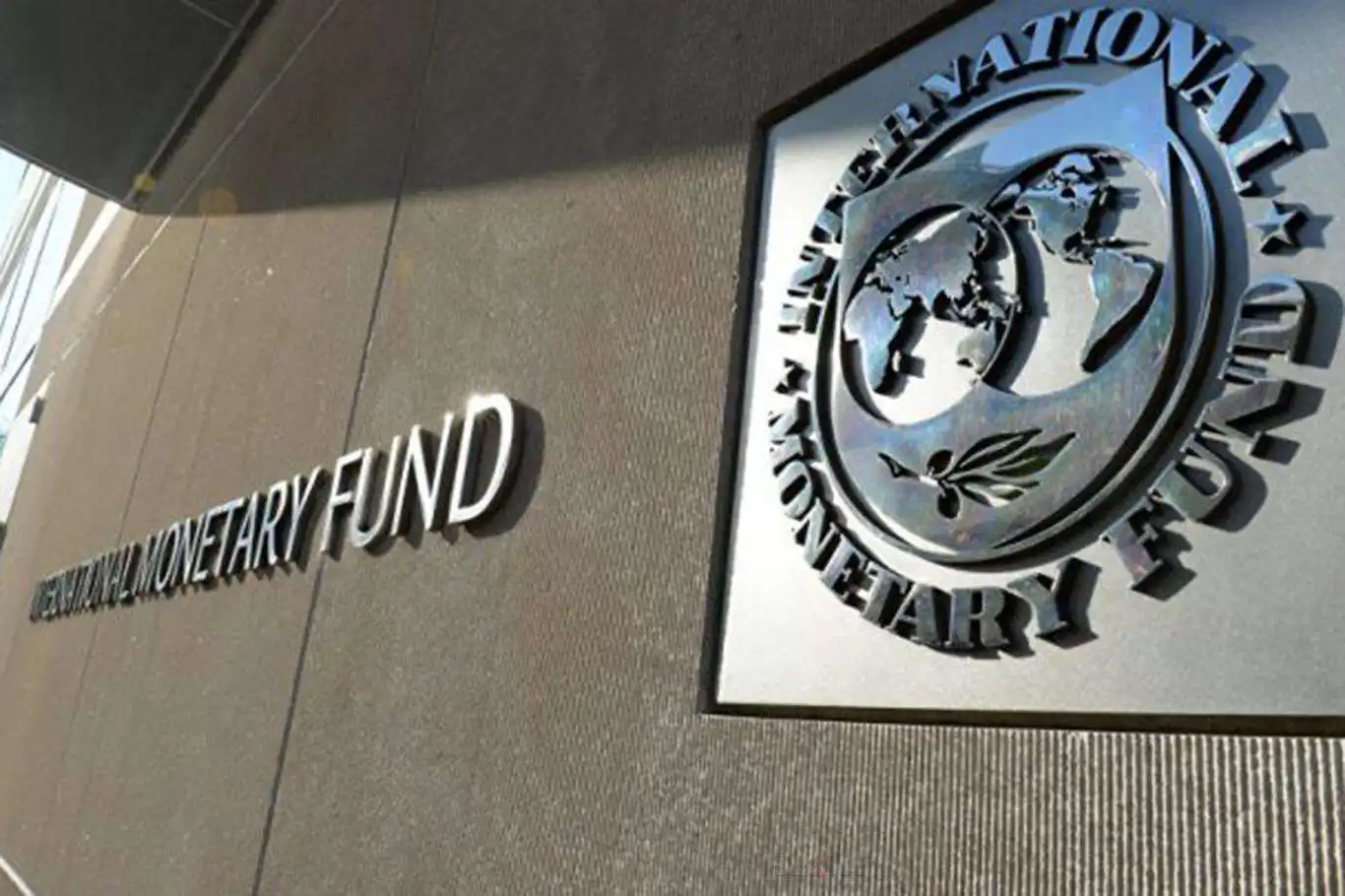IMF urges Türkiye to maintain tight policy stance despite easing inflation


Türkiye's inflation is showing signs of easing, but sustained tightening of fiscal and monetary policies remains essential to secure lasting price stability, the International Monetary Fund (IMF) stated in its latest assessment.
The findings come from the Fund's staff report, issued following its Article IV consultations with Türkiye. The IMF projects inflation to decline to 33% by the end of 2025, a significant drop from nearly 50% expected in late 2024, aligning with the Turkish central bank’s own projection range. However, the report cautions that elevated price pressures and strong domestic demand continue to pose substantial risks to the outlook.
Türkiye's inflation rate registered a decline in October, falling to 32.89%. Simultaneously, policymakers delivered a third consecutive, albeit slower, rate cut, bringing the policy rate down to 39.5%—the first time it has been below 40% since late 2023.
Market participants widely anticipate another rate cut of at least 100 basis points at the year's final Monetary Policy Committee (MPC) meeting in December.
Despite recent cuts, the IMF urged Türkiye to maintain a firm disinflation trajectory by raising real policy rates, postponing further interest rate cuts, and clearly communicating the triggers for any future policy shifts.
The Fund stressed that inflation above the Central Bank of the Republic of Türkiye’s (CBRT) 24% target undermines market efficiency, deepens income inequality, and risks fueling reform fatigue if not addressed promptly.
While praising the CBRT’s flexible monetary policy framework for maintaining stability, the IMF called for reforms to enhance central bank independence, remove conflicting signals from quantitative tools, and gradually allow more exchange rate flexibility as inflation expectations stabilize.
Fiscal Discipline and Revenue Measures
The IMF commended Türkiye’s fiscal consolidation efforts in 2025, projecting the budget deficit to decline from 4.7% of gross domestic product (GDP) in 2024 to 3.6% this year. However, the Fund anticipates a slight widening of the deficit to 3.7% of GDP in 2026, slightly above the official target, under current policy assumptions.
To reduce persistent inflationary pressure and effectively rebuild fiscal buffers, the International Monetary Fund (IMF) recommended that Türkiye implement several key measures. These include adopting additional revenue measures, specifically by simplifying the value-added tax (VAT) structure and scaling back corporate tax incentives to broaden the tax base.
Simultaneously, the Fund advised the government to proceed with phasing out energy subsidies, but stressed the importance of carefully designing these reforms to include measures that safeguard low-income households from the financial impact.
The report suggests that in the medium term, lower inflation and reduced interest payments could free up around 1% of GDP in fiscal space to expand social support, notably through targeted cash transfers and incentives for labor force participation.
The IMF noted that recent reforms have helped restore investor confidence and boost foreign reserves, but emphasized that sustained policy discipline is crucial to anchor expectations and safeguard economic growth.
The Fund found the banking sector remains sound, supported by adequate capital and liquidity buffers. Notably, the foreign exchange-protected deposits (KKMs), which had posed a significant vulnerability, have been successfully phased out.
The IMF estimates Türkiye's GDP growth at 3.7% in 2026, a figure that remains below its pre-global financial crisis trend. To restore a higher potential growth trajectory, the IMF report calls for structural reforms specifically aimed at enhancing productivity and reducing external vulnerabilities.
Key proposals to achieve this include aligning tertiary education incentives with labor market needs and expanding vocational training. Furthermore, the report emphasizes the necessity of improving the rule of law and strengthening anti-corruption efforts, as well as improving support mechanisms for small- and medium-sized enterprises (SMEs).
The IMF concluded that sustained policy discipline and structural reforms are essential for Türkiye to secure its disinflation gains and realize its higher growth potential. (ILKHA)
LEGAL WARNING: All rights of the published news, photos and videos are reserved by İlke Haber Ajansı Basın Yayın San. Trade A.Ş. Under no circumstances can all or part of the news, photos and videos be used without a written contract or subscription.
Türkiye’s construction sector recorded significant expansion in the third quarter of 2025, with building permits and occupancy permits showing sharp year-on-year increases, according to data released by the Turkish Statistical Institute (TurkStat).
Türkiye’s Consumer Confidence Index increased to 85.0 in November, marking a 1.6% rise from October’s figure of 83.6, the Turkish Statistical Institute (TurkStat) reported on Thursday.
Türkiye’s International Investment Position (IIP) reached minus $327.1 billion as of September 2025, according to data released by the Central Bank of the Republic of Türkiye (CBRT).